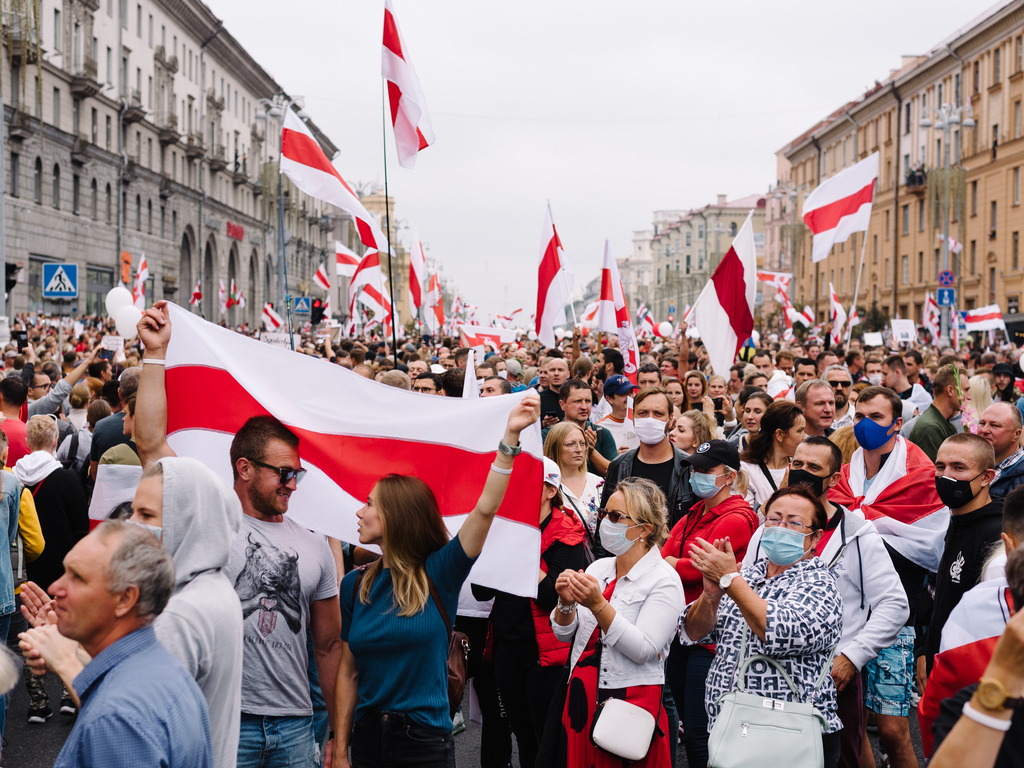Arseny Sivitsky, Director of the Center for Strategic and Foreign Policy Studies
On 15 December, Josep Borrell, Vice-President of the European Commission took part in a European Parliament plenary debate on the recent developments in the Eastern Partnership countries.
In his remarks, Mr Borrell told he considers civil society and independent media in EaP countries as effective tools in increasing democratic resilience and tackling corruption.
“Strengthening resilience is the main objective and core element of the future Eastern Partnership policy. We will work with partners on five areas of resilience – economic, democratic, environmental, digital, and societal. I think it is key to empower civil society and independent media to increase accountability, to expose corruption and to enhance critical thinking,” he added.
StrategEast has interviewed the leading experts from Eastern Partnership countries to find out their take on independent media and civil society development in their countries. Here are the answers from the expert on Belarus.
The political crisis in Belarus emerged after the presidential elections of August 2020 and accompanied by brutal crackdown and repressions against civil society and independent media has put them in very difficult conditions. Nevertheless, even at the background of politically motivated repressions the civil society organizations and media outlets are committed to their main mission of providing the information about the ongoing crisis, its key factors, сauses and effects.
Their activities include investigations of presidential elections results’ falsifications, violations of laws and exceeding the limits of authority by state security agencies and bureaucracy apparatus, as well as corruption schemes among the Belarusian political elites with the aim to make them accountable for their deeds. Volunteer and human rights organizations are providing assistance for those who has been repressed during these dramatic period for Belarusian society. Thanks to them Belarusians have acknowledged the unprecedented scale of repressions in the country. According to their estimations, around 33 thousands of Belarusians faced repressions, there are about 180 political prisoners already.
Another example, in addition to repressions corruption is another criterion for putting those or that personal and legal entities in the Western sanction list developed and advocated by Belarusian opposition centers in exile such as Svetlana Tikhanovskaya’s office or the People’s Anticrisis Management headed by Pavel Latushko.
Although such activities pose risks for Belarusian civil society actors, they facilitate the growing attention to the crisis in Belarus of both Belarusian society and international community. While political activists, volunteers and independent journalists stay the state repressive machine face to face, domestic moral support, international solidarity and assistance are keys for sustained development of the civil society and independent media in Belarus.




